Sunderland researchers back Chris Hoy’s calls for early prostate cancer checks
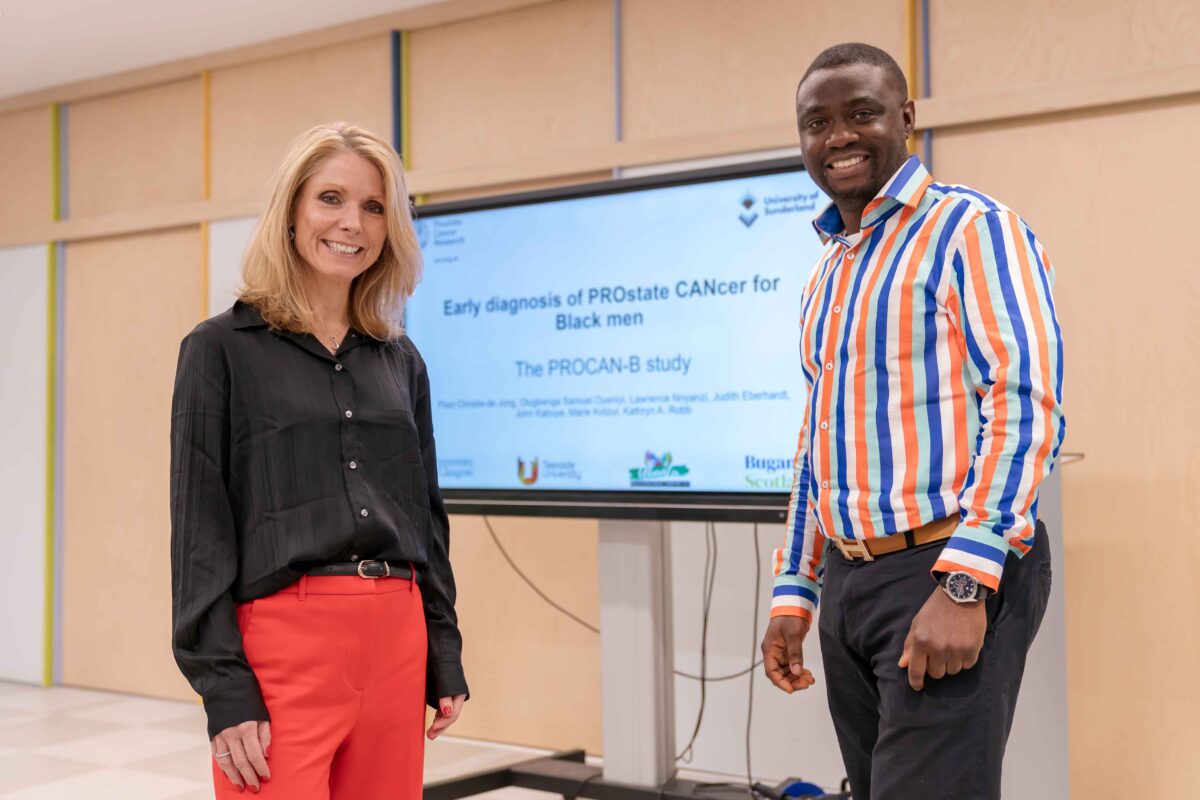
University of Sunderland researchers are backing Sir Chris Hoy’s calls for more prostate cancer screening for high-risk men.
The Olympic cycling champion, 48, who has terminal cancer, has urged men with a family history of prostate cancer to see their GP for a blood test even if they are under 50.
It comes as researchers at Sunderland have been working with members of the Black community in the north-east and Scotland for the last two years to develop and run workshops to raise awareness of prostate cancer risks, encourage men to get help early and discover the barriers to seeking help.
Prostate cancer is the most common cancer in men in the UK, but Black African, Caribbean, and Black British men are twice as likely to be diagnosed with prostate cancer compared to white men, and 2.5 times more likely to die from the disease.
The study – Early diagnosis of PROstate CANcer for Black men (PROCAN-B)–was awarded £157,688 in funding as part of charity Prostate Cancer Research’s racial disparities research programme, aimed at addressing the health inequalities in prostate cancer.
The charity hosted an event at the House of Commons last week (Thursday 14 November) where they unveiled new data on the economic and health advantages of implementing a national screening programme for high-risk groups.
Dr Floor Christie-de Jong, Lead Researcher and Associate Professor in Public Health in the School of Medicine at the University of Sunderland, said: “Early diagnosis saves lives, yet we lack a national screening programme to catch prostate cancer early.
“I’m 100 percent supporting the efforts of Prostate Cancer Research and Sir Chris Hoy to drive a prostate cancer screening programme for men who are at higher risk, including Black men and men with a family history of prostate cancer, is urgently needed. Such a programme can save lives and play a key role in reducing inequalities in prostate cancer outcomes”.
As a first step in the PROCAN-B study, the research team asked 13 Black men from the north-east and Scotland why they found it difficult to see a doctor for prostate cancer. Their reasons included not being fully aware of the risks of the disease, feeling uncomfortable talking about sensitive issues and having bad experiences with accessing healthcare, including racism.
Based on these findings, the researchers developed a workshop delivered by Black men for Black men, which featured small group discussions and activities, a Black GP explaining about prostate cancer and what’s involved in prostate cancer health checks, and videos from religious leaders and prostate cancer survivors.
The workshop was run with 62 men in total in the north-east and Scotland.
Data collected following the workshop showed that the men taking part felt their knowledge of prostate cancer improved drastically, with some of them describing the workshop as an ‘eye opener’. They found the videos from survivors particularly powerful, which brought the message about prostate cancer home.
More importantly, the majority of the men who attended the workshop said they felt more confident about going to a doctor for a prostate cancer test.
Dr Christie-de Jong said: “Our PROCAN-B project aims to tackle health inequalities by raising awareness of prostate cancer in Black men, a group at higher risk, and encouraging early diagnosis.
“By involving communities directly in our work, we strive to create lasting change in health outcomes, empower communities and ensure everyone can access the information and support they need.”
Dr Olugbenga Oyeniyi, Post-Doctoral Researcher on the project, added: “Overall, the project has been a great success. The study findings are encouraging, with the men responding positively to every aspect of the workshop. This success can largely be attributed to the involvement of Black men in co-designing and delivering the workshop, ensuring it was culturally tailored to the target community.
“As a public health researcher, what makes this project particularly unique and rewarding is its immediate impact it has had on Black men’s health. During the focus group after the workshop, hearing men talk about how they had promptly booked GP appointments for prostate checks perfectly encapsulates the essence of this study – saving lives of Black men.”
The Sunderland team is working in collaboration with colleagues from Teesside University, the University of Glasgow and Middlesbrough-based Ubuntu Multicultural Centre. The Sunderland and Teesside researchers are part of Fuse, the Centre for Translational Research in Public Health.
Dr Naomi Elster, Director of Research at Prostate Cancer Research, said: “The reasons behind the racial disparity we see in prostate cancer are many and complex, but one of the key barriers to progress is that we haven’t had enough social interventions that are proven to work. Prostate Cancer Research are proud to have supported this vitally important research.
“The team’s strong focus on working in partnership with the community is to be commended and it’s been encouraging for us to see both insights and real-time impact coming through, with men attending these workshops and subsequently registering with GPs. We hope the results of this work are shared and implemented widely so that they can help many Black men achieve better health.”
Dr Christie-de Jong, who is also Associate Director of Fuse, admits while the findings are encouraging, there is still more work to be done.
She said: “The workshop has shown great potential, however, the study included only 62 men. So, as a next step, the team will seek funding to test the workshop’s effectiveness on a larger scale.
“Our ultimate goal is to save the lives of Black men, and by growing our resources, this will make the workshop even more effective in raising awareness and encouraging Black men to have a prostate cancer health check.”


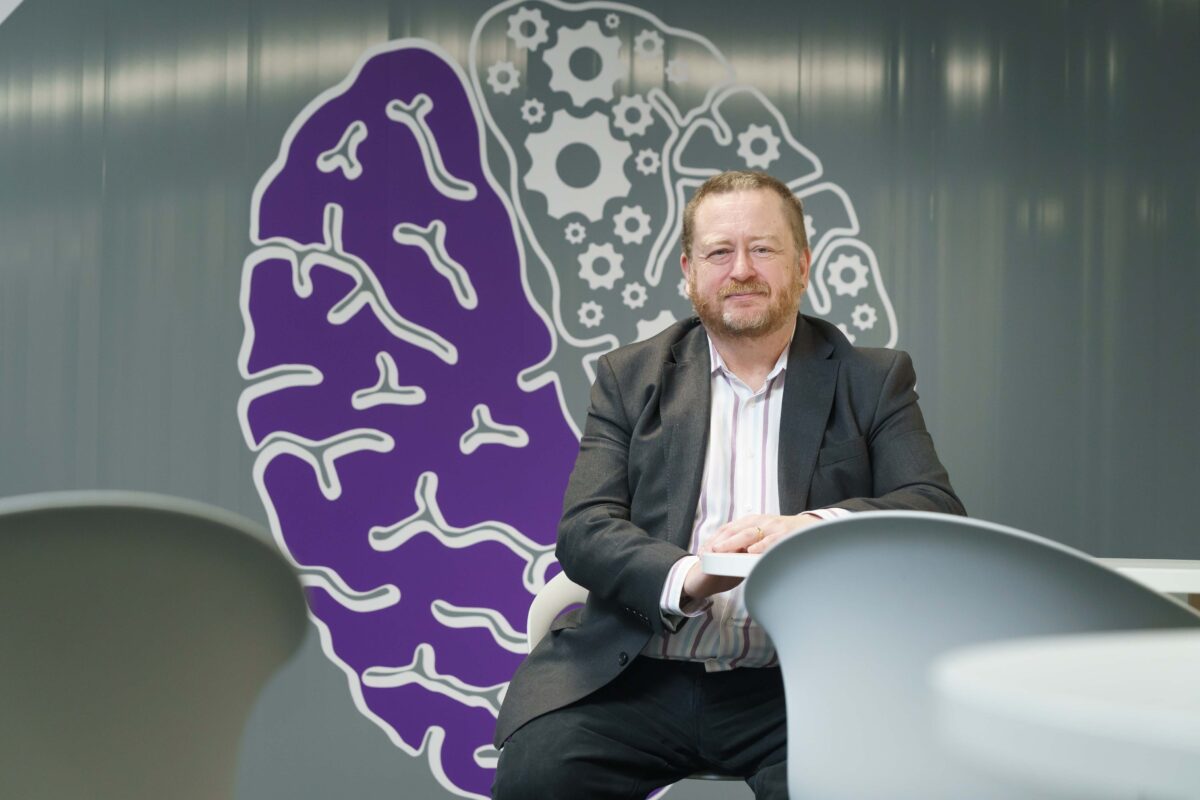

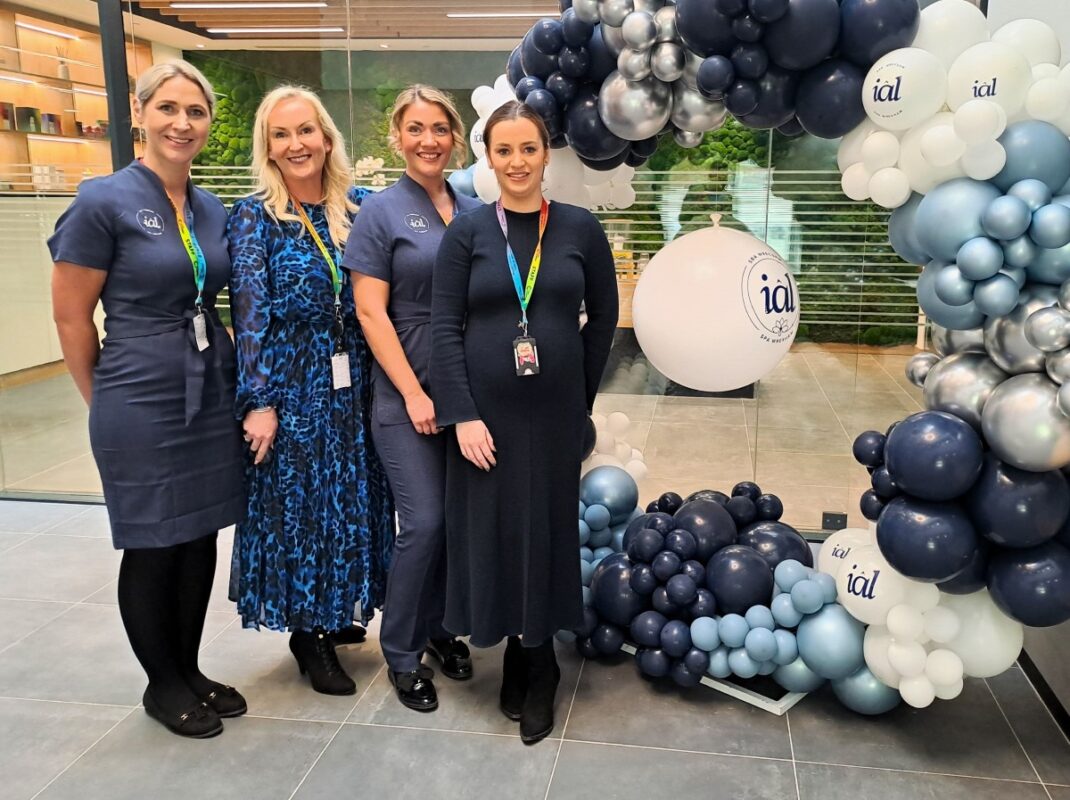

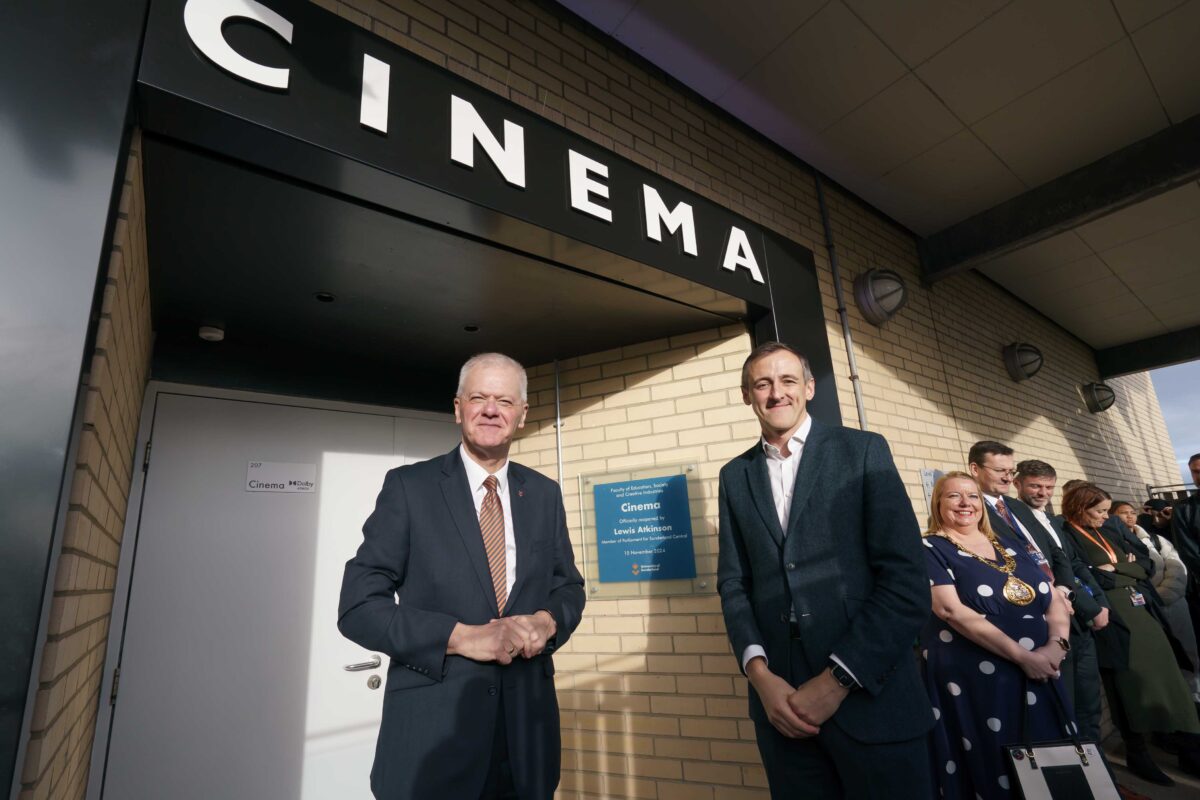
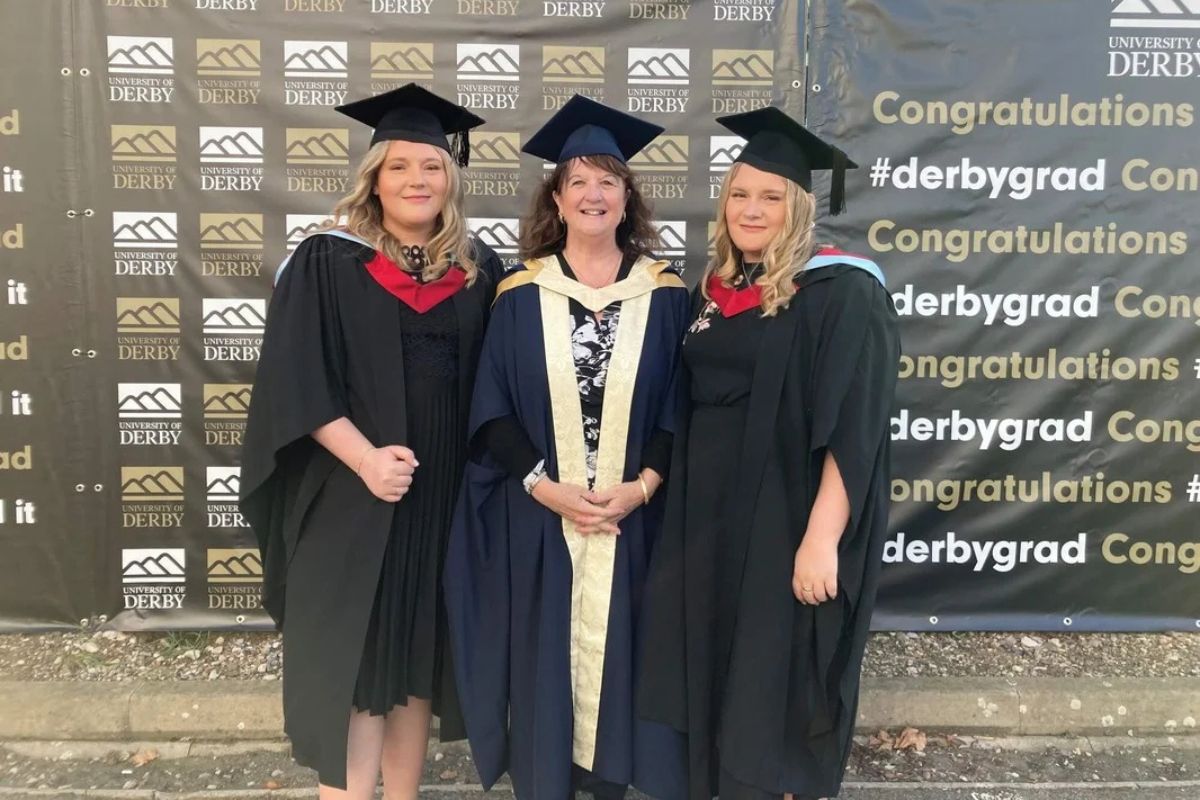
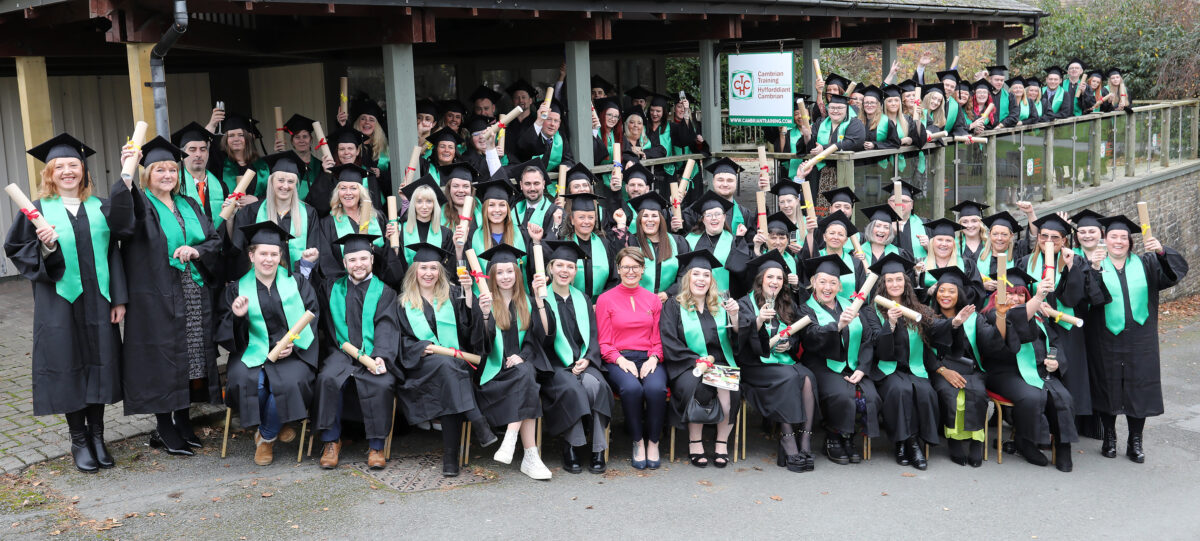


Responses